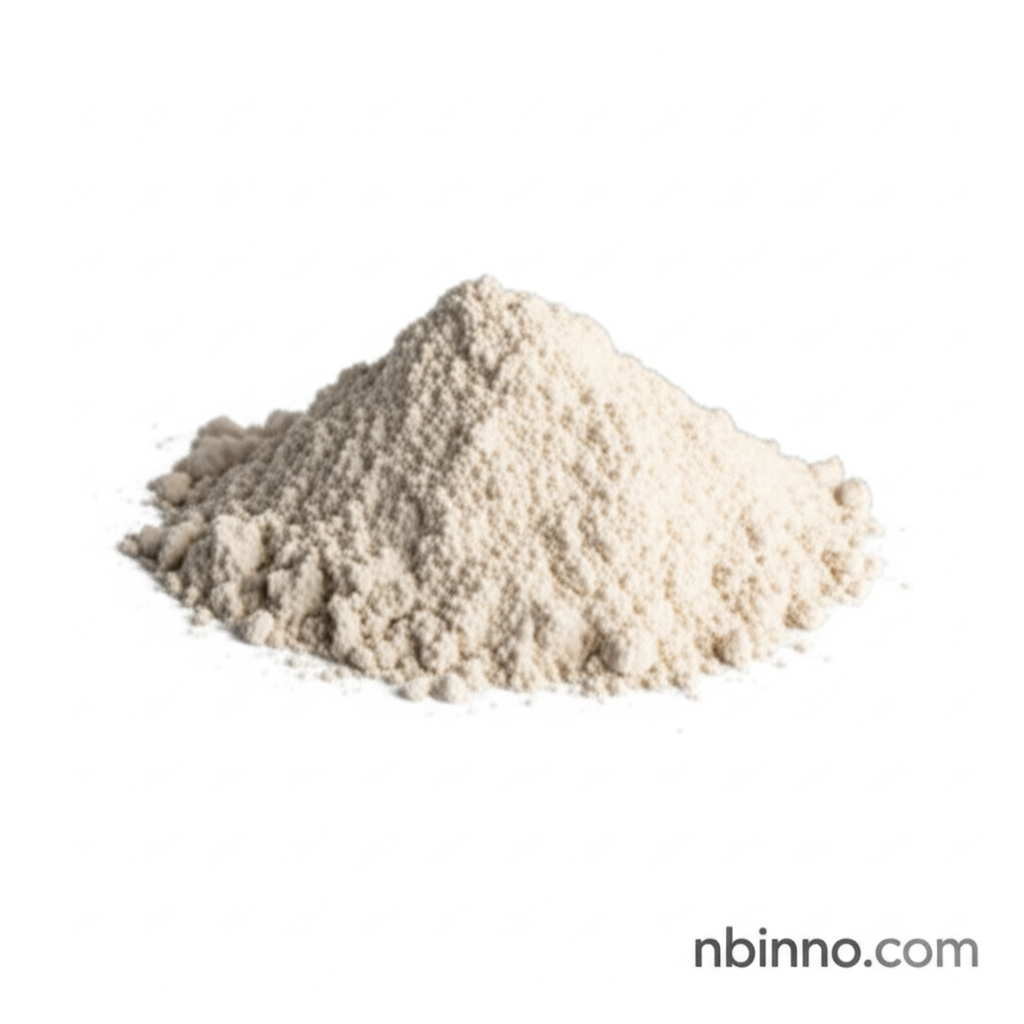Taxifolin (CAS 480-18-2): A Potent Flavonoid Antioxidant with Broad Therapeutic Applications
Discover the extensive health-promoting effects of Taxifolin, a powerful natural antioxidant with wide-ranging therapeutic potential.
Get a Quote & SampleProduct Core Value

Taxifolin
Taxifolin, also known as dihydroquercetin, is a naturally occurring flavonoid renowned for its exceptional antioxidant and anti-inflammatory properties. It plays a crucial role in managing oxidative stress and inflammatory responses across various physiological systems, making it a compound of significant interest in pharmaceutical research and health supplementation. Its broad spectrum of biological activities offers potential benefits for numerous health conditions.
- Leverage the robust antioxidant capabilities of Taxifolin to combat oxidative stress, a key factor in numerous chronic diseases.
- Explore the anti-inflammatory potential of Taxifolin, which can help mitigate inflammatory responses in various biological pathways.
- Investigate the therapeutic applications of Taxifolin in neurodegenerative diseases, such as Alzheimer's and Parkinson's, for potential neuroprotective benefits.
- Understand the role of Taxifolin in cardiovascular health, with studies indicating positive effects on heart function and blood vessel integrity.
Key Advantages of Taxifolin
Superior Antioxidant Activity
Taxifolin demonstrates superior free radical scavenging abilities compared to many common flavonoids, effectively protecting cells from oxidative damage, a critical aspect for natural compound in neurodegenerative disease research.
Broad-Spectrum Anti-inflammatory Effects
Its capacity to modulate inflammatory pathways positions Taxifolin as a valuable agent for conditions associated with chronic inflammation, a key area for plant-derived therapeutics for inflammation.
Versatile Therapeutic Applications
Research highlights Taxifolin's potential across multiple body systems, from neuroprotection to cardiovascular support and even as a supplementary agent in oncology, underscoring its role in antioxidant therapies in oncology.
Key Applications
Neuroprotection
Taxifolin's ability to prevent amyloid-beta aggregation makes it a focus for research into Alzheimer's and Parkinson's disease, highlighting its potential for natural compounds in neurodegenerative disease research.
Cardiovascular Support
Studies suggest Taxifolin can improve cardiovascular health by modulating lipid synthesis and protecting against ischemia-reperfusion injury, aligning with the goals of cardiovascular health supplements.
Immune System Modulation
The compound's anti-inflammatory and potential antiviral properties suggest applications in supporting immune function and managing infections, contributing to the understanding of antioxidant therapies in immune health.
Gastrointestinal Health
Taxifolin shows promise in gastroprotective effects and modulating gut microbiota, offering potential for gut microbiota modulation with natural compounds.
